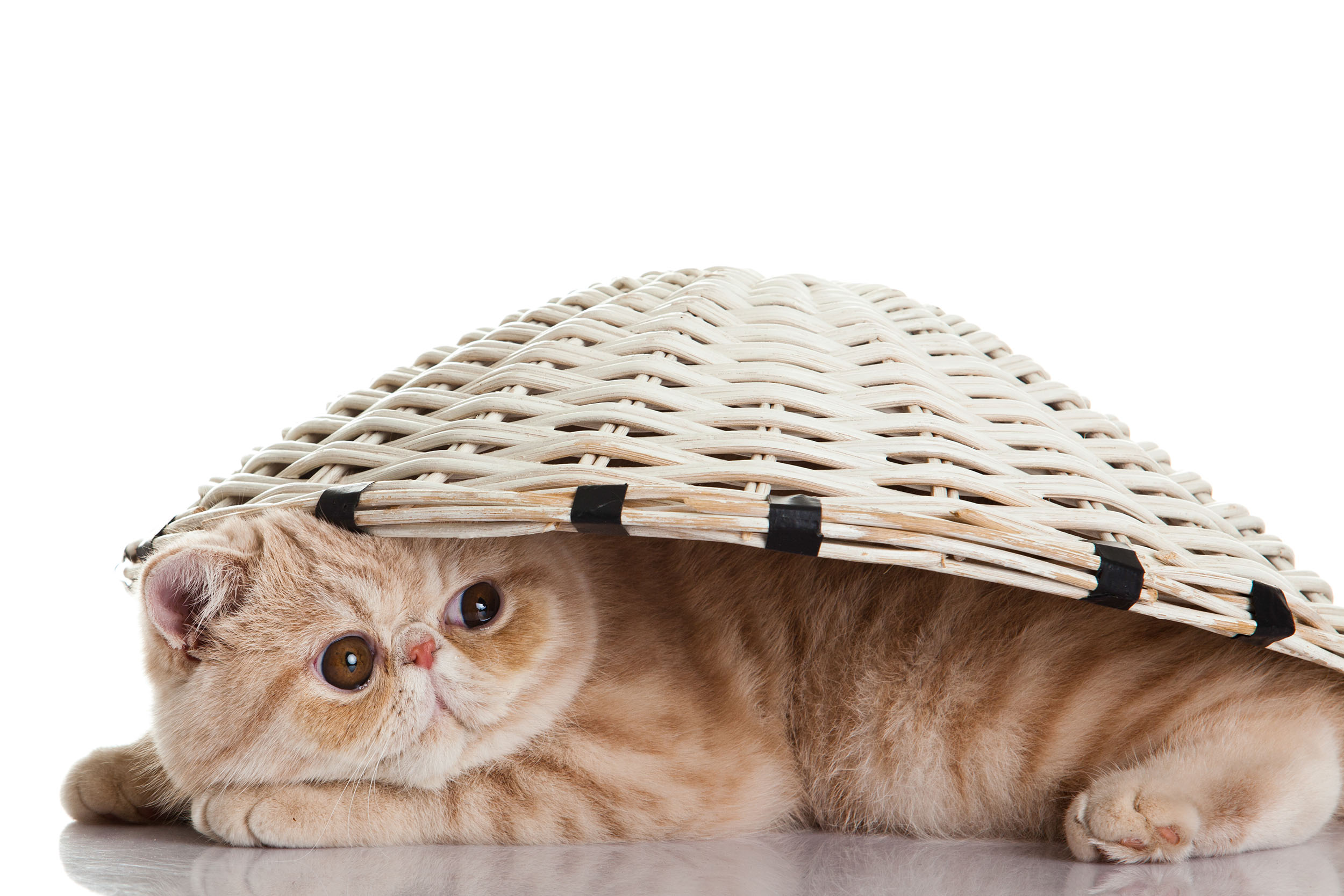Cat owners are well aware that bad breath in cats can be quite unpleasant. Similar to bad human breath, it is caused by bacteria in the mouth breaking down protein and releasing sulfur compounds into the air. These sulfur compounds have a strong, unpleasant odor, which is why bad breath smells bad. In cats, the bacteria responsible for bad breath is often associated with a buildup of tartar on the teeth. Tartar is a yellow coating composed of bacteria, food particles, and minerals.
To alleviate bad breath in your cat, you must remove the tartar buildup. Many cat foods are formulated to reduce tartar buildup and contain enzymes that dissolve it. Additionally, giving your certain cat treats can also help eliminate and prevent tartar. If the tartar buildup is severe, professional cleaning by a veterinarian may be necessary. Once the tartar is removed, the bad breath will disappear.
It is possible to clean your cat’s teeth at home to remove tartar buildup. There are various types of toothpaste available for pets, which come in different flavors. A mechanical toothbrush is required, as the motion is crucial for removing tartar buildup. Toothpaste that contains enzymes can dissolve tartar and eliminate bad breath. By starting to brush your cat’s teeth early, you can greatly reduce the risk of tartar buildup and bad breath.
Some bacteria that lead to tartar can be found in your cat’s diet. When you feed him, you should always make sure that the food he consumes doesn’t contain a lot of bacteria. If you shop healthy and feed him only healthy foods, it can help his bad breath a great deal. When you give your pet a treat, make sure that the treatment is designed to help with tartar. After your cat has finished eating, you can brush his teeth or rinse his mouth out. This way, you’ll get the bacteria out of his mouth before it has time to build up on his teeth.
Sometimes, cats may have a bad odor in their mouth that doesn’t come from tartar or bad breath in general. In these rare cases, it can be either liver or kidney disease. If you notice bad breath and it isn’t tartar, you should take your cat to the vet. Even though it may be something to do with tartar, it’s better to be safe than sorry. Your veterinarian can pinpoint the problem and let you know what the cause is – and how you should go about fixing it.
The signs of liver or kidney disease in cats can vary and may be subtle, but some common signs to look out for include:
- Weight loss or loss of appetite
- Vomiting and diarrhea
- Increased drinking and urination
- Bad breath (a sign of liver disease)
- Jaundice (a yellowing of the eyes and gums, indicating liver disease)
- Swelling in the belly (a sign of liver disease)
- Weakness or lethargy
- Changes in urine color or odor
- Blood in the urine (a sign of kidney disease)
It is important to note that these symptoms can also be caused by other health issues. If you notice any of these symptoms, it is important to take your cat to a veterinarian for an examination and diagnosis.


